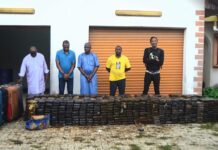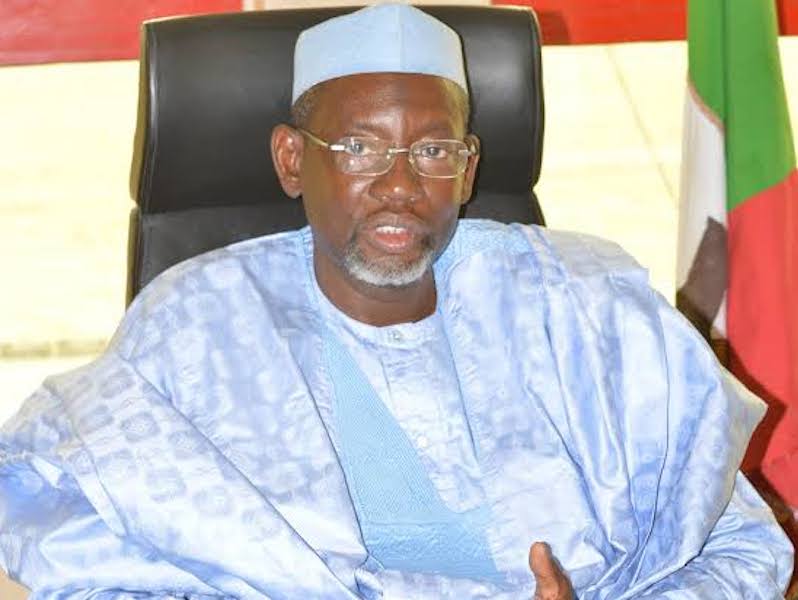Isu and Abakan communities in Nwangele Local Government area of Imo have called on the state government to rehabilitate their health centres and provide them with personnel with good conduct.
The communities made the appeal at a one-day sensitisation programme on Thursday with the theme: “Improve the Knowledge of Mothers, Parents and Care givers on Essential Family Practices as stated by UNICEF”.
While Abajah community said its health centre should be refurbished, Isu community decried lack of necessary equipment, security and friendly health personnel, which it said, had hindered members of the community from meeting their health needs.
They also called for the establishment of World Development Committee (WDC) in the two communities which comprised 16 villages.
Chief Donatus Dikeukwu, the Chairman of Eze’s Cabinet in Isu Community and Nze Charles Njoku, Eze-in-Council of Abajah community, said their health centres had long been neglected and called for urgent government’s attention to the area.
They also appealed for security personnel to be posted to the health centres and regular visitation to the community by the sanitary inspectors.
The communities promised to cooperate with the health officers.
Mr Vitus Ekeocha, the State Director of National Orientation Agency, throwing more light on the WDC, said that there was growing concern by stakeholders on the decline of Routine Immunization (RI) services occasioned by misinformation, rumour and panic following the outbreak of COVID-19 in the country.
He said the situation was worse in the rural communities with limited access to new information and mass media platforms.
Ekeocha said the lack of awareness on what the outbreaks were all about, the basic facts about each of the diseases, the effects of the diseases, how the behaviour and practices of the people are contributing to the outbreaks, among others, had contributed towards worsening the disease burden in these communities.
He said the re-activation of WDCs became necessary as the most effective communication tools for creating awareness, debunking rumours and clarifying misinformation in respect to diseases, various antigens, what they protect and what age they should be administered, importance and benefits of prevention and care.
The NOA official said the WDCs would also to provide some form of orientation to women groups and social networks on key messages for promoting and tracking the uptake of RI and COVID-19 prevention in selected five communities in each of the three pilot local government areas.
Mr Donatus Ohaka, an Immunisation Officer in Nwangele Local Government area, highlighted the importance of immunising children from the six killer diseases.
He said that over the years, many of diseases that attacked, killed and maimed children had been completely prevented or eradicated in the communities as a result of immunisation.
Ohaka urged women, especially breast feeding mothers, to ensure their children and wards completed the immunisation doses as well as keep their immunisation cards safe.
He also advised the people of the communities to always check their health status and access available drugs to live a healthy life, adding that most deaths in the community were preventable.
Ohaka said that 570 children were immunized out of a total of 991 children expected to have been immunised in Isu and Abajah communities and frowned at the development.
Mrs Mary-Stella Ofoegbu, the Water, Sanitation and Hygiene (WASH) Coordinator in Nwangele Local Government area, harped on the essence of proper hygiene keeping in homes and the surroundings to avoid contracting communicable diseases.
She urged the people to guide against open defecation, imbibe regular hand washing, as well as cut down over grown trees.
A UNICEF consultant, Mrs Ngozi Dike, said that the programme was a UNICEF programme facilitated by NOA and advised members of the two communities to make use of the opportunity to access drugs for their health needs.(NAN)



